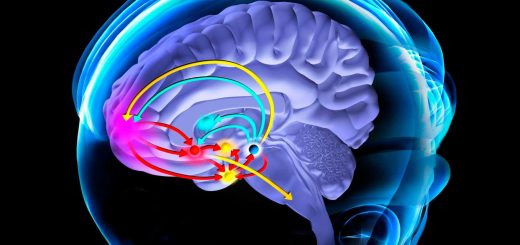Hearing aids reduce cognitive decline for people at risk of dementia
Wearing a hearing aid didn’t reduce the rate of cognitive decline among a group of older people when compared with just receiving general health advice, but it did have an effect when the researchers focused on those who are particularly at risk of dementia
By David Cox
25 July 2023
Wearing a hearing aid could offer cognitive benefits to some
Rawpixel/iStockphoto/Getty Images
Hearing aids could mitigate cognitive decline in older adults, but only in those who are particularly at risk of developing dementia.
Researchers have long speculated that hearing loss may raise the risk of dementia among older people, possibly by making them more socially isolated or by directly affecting regions of the brain that are involved in memory.
However, this was largely based on observational research that suggested a correlation between hearing loss and dementia, rather than work showing that the former causes the latter. It could be that people with dementia are less able to arrange hearing check-ups or remember to wear hearing aids.
Advertisement
Now, Frank Lin at Johns Hopkins University in Maryland and his colleagues have conducted a randomised control trial that directly compared the effects of wearing and not wearing a hearing aid on cognitive decline.
Out of 977 US adults aged between 70 and 84 with similar levels of hearing loss, around half were given hearing aids to wear daily, while the rest just received general health advice. None of the participants showed signs of significant cognitive impairment at the start of the study.
Three years later, there were no differences between the two groups when tested on their logic skills, word fluency, memory and decision making.


